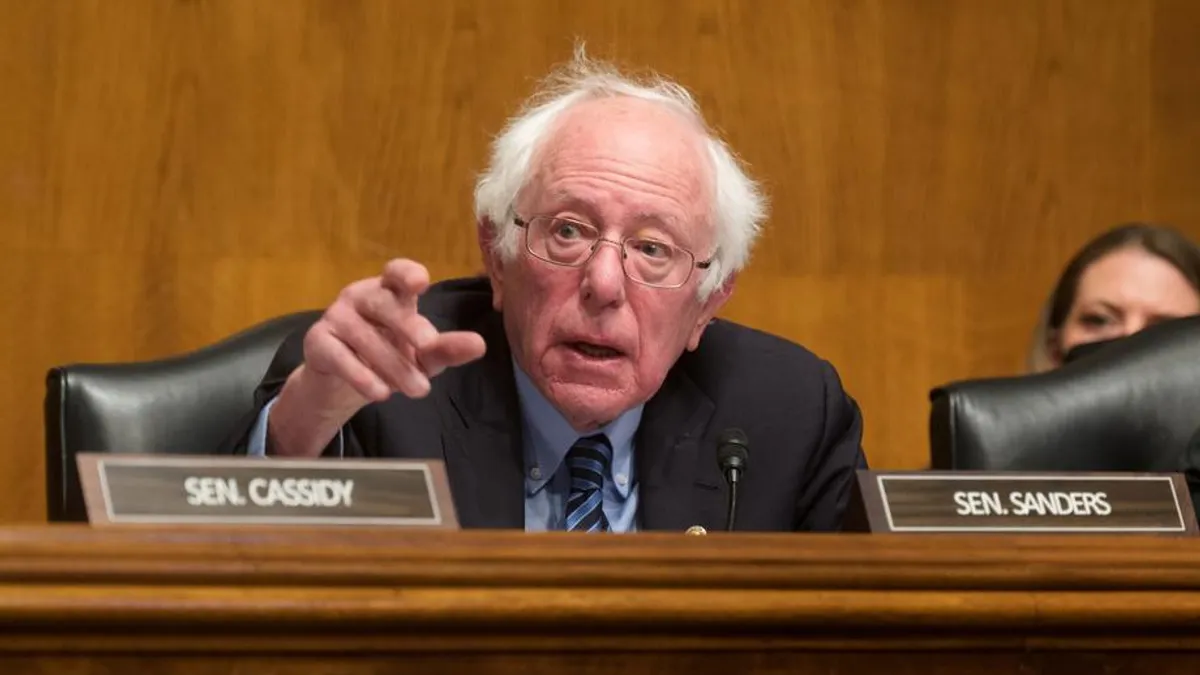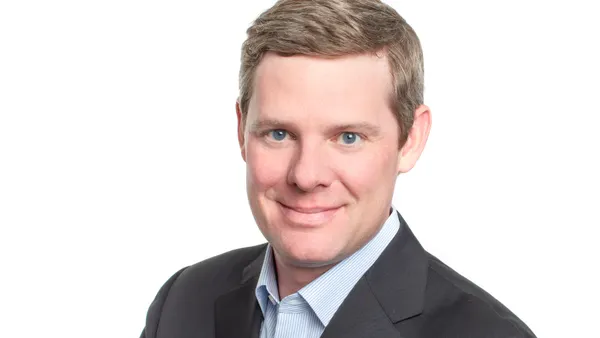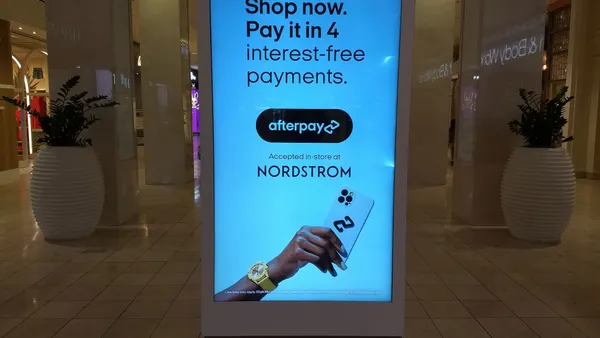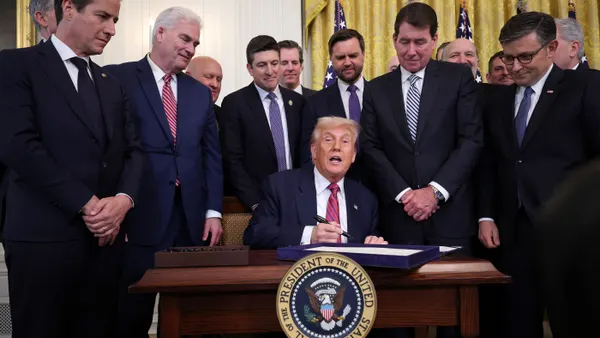On the cusp of a new year, Sen. Bernie Sanders offered to lock arms with President-Elect Donald Trump, and introduce legislation to cap credit card interest rates in the U.S.
Sanders, the independent who arguably sits on the opposite end of the political spectrum from Trump, said he was following up on a campaign trail proposal from the president-elect to do the same. During The Weekly Show with Jon Stewart Podcast last month, Sanders noted Trump’s “promises to working class people” made alongside other commitments to wealthy billionaires.
“What my job, and [that of] people in Congress who share my views — not too many — is to say ‘Okay, Mr. Trump, you talked about a 10% cap on interest rates for credit cards, that’s a great idea,’” Sanders said, posting a clip from the interview on the social media site X. “Well, you know what Jon, I’m going to introduce that legislation. Let’s see how far it goes.”
Sanders has backed such a move in the past. In 2019, the Vermont senator joined with Rep. Alexandria Ocasio-Cortez of New York to introduce a bill that included an interest rate cap.
Republican Sen. Josh Hawley may be on board with the idea too. During a hearing of Senate Judiciary Committee in November, when senators grilled Visa and Mastercard representatives about the interchange fees they charge merchants, Hawley backed Trump’s interest rate cap proposal. That hearing on the proposed Credit Card Competition Act, which aims to give the card networks more competition, showed how political alliances on credit card issues can take unexpected turns.
“This is just classic collusive, monopolistic behavior,” said Hawley, a Republican from Missouri who is a cosponsor of the CCCA bill. He noted that Visa and Mastercard control about 80% of the market. “This is not a sustainable situation.”
Then, Hawley noted Trump’s campaign trail suggestion about capping interest rates, and said “We could do that,” adding “I think it’s a great idea.”
And it could potentially fit with some parts of Trump’s populist agenda. He spelled it out, in short form, during a September campaign stop.
“While working Americans catch up, we’re going to put a temporary cap on credit card interest rates,” Trump said. “We’re going to cap it at around 10%,” Trump said during the rally. “We can’t let them make 25 and 30 percent,” he added, referring to the banks that issue credit cards.
The American Bankers Association, which represents the bank card issuers, didn’t take any solace in the idea being a short-term solution. The trade group immediately issued a statement last September saying it had opposed similar proposals in the past, though it wasn’t familiar with the specifics of Trump’s suggestion. The ABA didn’t immediately have any comment on the latest proposal from Sanders.
The notion of a 10% cap likely was a bit head-spinning for bankers. Even Sanders and Ocasio-Cortez previously proposed only a 15% cap.
What happens on the issue after Trump takes office later this month is anyone’s guess — actually sitting in the Oval Office has a way of changing presidents’ perspectives. In any case, with Sanders sidling up to Trump, the industry may be in for some surprises as the politicking plays out.












